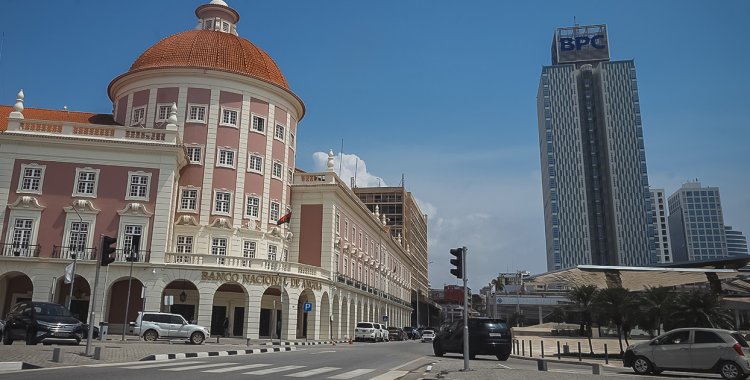According to the BNA's 2024 report and accounts, the assessment conducted by the Eastern and Southern Africa Anti-Money Laundering Group (ESAAMLG) recognised the effectiveness of the BNA's supervision model in these matters, within the scope of the regional process promoted by the Financial Action Task Force (FATF).
The BNA also indicates that a new assessment of the national financial system is planned, the Financial System Assessment Program (FSAP), to be conducted in partnership with the International Monetary Fund (IMF) and the World Bank.
The exercise aims to “identify vulnerabilities in the system and propose an action plan for its strengthening and continued development”.
As part of its supervision plan for 2024, the National Bank of Angola (BNA) carried out 15 inspections of banking financial institutions, of which six were scheduled and nine were unscheduled, and four inspections of non-banking institutions.
The inspections aimed to assess internal controls related to the prevention and combating of money laundering and terrorist financing, identifying shortcomings such as the poor implementation of customer identification procedures, manual classification of customer risk, deficiencies in transaction monitoring and the accumulation of alerts pending processing in control systems.
As a result, letters of recommendation and proposals for sanctions were issued to non-compliant entities.
By the time the report was completed, five institutions — one commercial bank and four non-banking entities — had implemented their plans, while another 23 were still under preparation with a deadline of March 2025.
As part of the FATF post-observation period, several actions related to the Post-Observation Period (POPR) were completed, including sectoral assessments of money laundering and terrorist financing risks, disclosure of risks to the supervised sector, definition of a supervisory strategy, application of the risk matrix to non-banking institutions, strengthening of human capital, review of the regulatory framework and publication of technical guides to support financial institutions.
In October, Angola was included in the FATF "grey list", which includes countries with strategic deficiencies in the prevention of money laundering and terrorist financing, which implies more rigorous monitoring by this international entity and possible negative consequences for a country's economy, such as difficulties in obtaining international financing, lower foreign investment and increased transaction costs.







